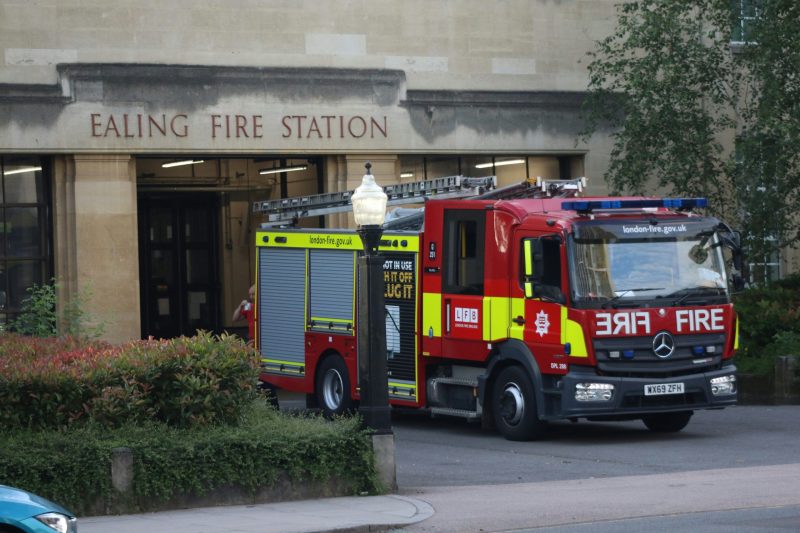Last year saw the highest number of animal rescues attended by the London Fire Brigade (LFB) since records began in 2009.
The number of animal rescues attended by the LFB has more than doubled since 2019 as shown in the graph below, hitting more than 1,300 in 2024, up from nearly 1,200 the previous year.
Over the past 16 years it has cost taxpayers £4.6 million to rescue animals across the capital.
The largest surge in costs was between 2019–2024, rising by almost half a million pounds in five years.
Whilst it is important to consider the rise in hourly costs of attending a rescue over time (£255/hour in 2009, £339/hour in 2019 and £430/hour in 2024), the recent rise in costs has risen above the rate of inflation, as seen below.
Source: London Datastore
Some have suggested that the increase in the frequency and price of animal rescues is due to the boom in pet ownership seen across the UK during the COVID-19 pandemic.
Research conducted by the The People’s Dispensary for Sick Animals (PDSA) in 2023 found that 8.3 million pets (4.1 million dogs, 3.7 million cats and 580,000 rabbits) were acquired in the UK since the start of the COVID-19 pandemic in March 2020, and 71% of vets thought they were seeing more pets at their practices.
The UK lockdowns created a perfect environment for families stuck at home to raise a pet.
Will Kelsey, 23, from Harpenden said: “We got a new puppy in the third lockdown. We’d wanted one for a while and realised there was literally no better time to house-train and look after a new dog than when we were all forced to be inside.
“It was great to have something relatively exciting in an otherwise incredibly dull period for the family and it was nice to cuddle a dog for 12 hours a day.”
The most frequently rescued animals are cats (6,273 since 2009), followed by birds (2,356), dogs (1,662) and then foxes (669).
The animals needing the least rescuing are tortoises and bulls, with just one each rescued in the past 16 years.
There have even been three incidents where the Fire Brigade were called out to rescue fish, costing the taxpayer £2,420.
Since 2009, Enfield borough has had the highest number of animal rescues, followed by Croydon, Southwark, Barnet and Tower Hamlets.
The number of animal rescues is broken down by borough below.
Dan Lemmon, 26, from Ealing had to call the Fire Brigade when a large stray cat got itself stuck in the hinge of a metal gate in his house.
Dan said: “The cat was hanging there, panicking and freaking out, hissing at me.
“Then I realised the reason it was hanging there was because it had gotten one of its toes stuck in the joint, it was the equivalent of hanging on by a finger, and it was clearly in a lot of pain.
“We spent half of the time thinking who do we call? What do we do? Is there an animal rescue? Do you call the RSPCA or something like that?”
Dan decided to call the Fire Brigade as the gate would not budge and the cat was highly distressed, but were told it would be several hours before help would arrive, if at all.
During this time, he was able to break the gate open using a hammer.
He added: “Then a whole fire engine, and like six firemen jump out and start walking towards the house, and I’m like, I’m so sorry. We just freed it.”
A London Fire Brigade spokesperson said: “Firefighters love animals and we are ready, willing and able to assist distressed or injured animals if needed.
“A lot of the animal rescue incidents we attend are large animals in serious distress, such as horses stuck in muddy ditches or animals who have got themselves into water, animals which could die if we didn’t attend.
“The last thing we want is for people to put themselves at risk rescuing an animal themselves, but we do encourage people to call the RSPCA in the first instance and we will assist if our specialist equipment is required.”





Join the discussion